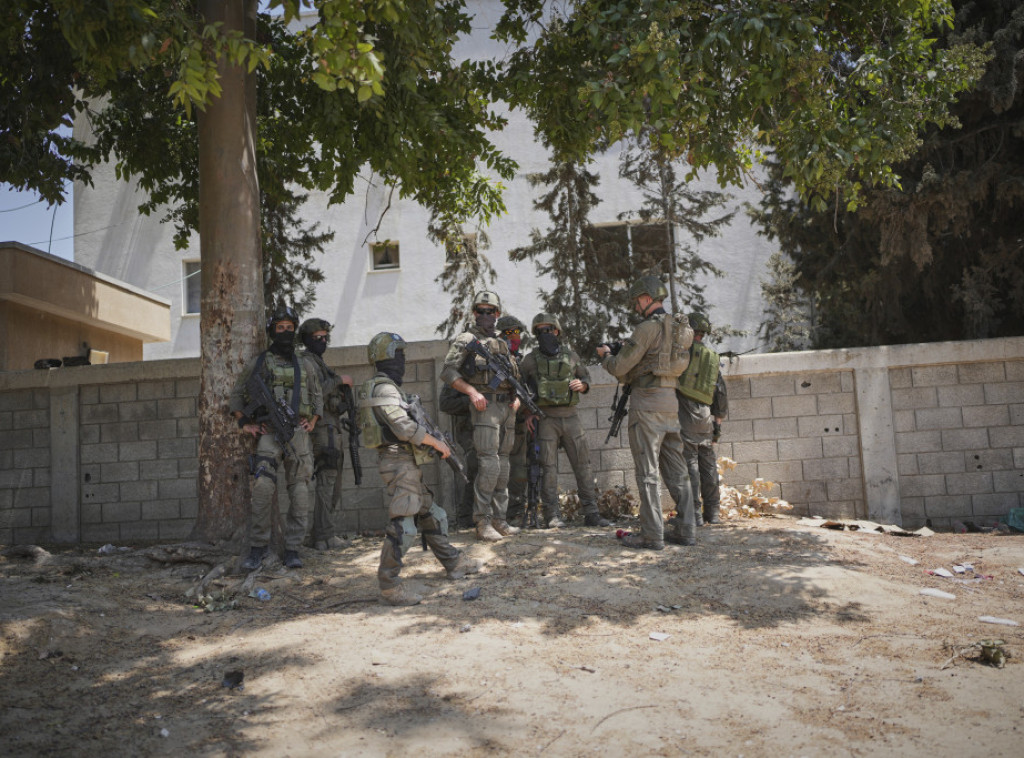The United States has decided to reduce its staff in Middle Eastern countries, including Iraq, Bahrain, and Kuwait, due to rising tensions with Iran. This decision followed assessments that negotiations over Iran’s nuclear program have reached a deadlock, increasing the risk of conflict in the region. Embassy staff and their families have been ordered to leave these countries. This measure is part of a broader US strategy to reduce exposure of its diplomatic and military personnel in the unstable region. Left-leaning sources emphasize the need for diplomatic solutions and de-escalation, centrist media highlight the pragmatism of this precautionary measure, while right-leaning sources often view the decision as a sign of US weakness and call for a tougher stance on Iran.
Political Perspectives:
Left: Left-leaning sources focus on the importance of diplomatic efforts and peaceful negotiations to resolve tensions with Iran. They emphasize the risks of military escalation and advocate for de-escalation and dialogue rather than confrontation. The reduction of US staff is seen as a cautious step to avoid further conflict and protect lives.
Center: Centrist media present the US decision as a pragmatic and precautionary measure in response to increased regional instability. They highlight the deadlock in nuclear negotiations with Iran and the potential security risks, framing the staff reduction as a necessary step to safeguard American personnel while continuing diplomatic efforts.
Right: Right-leaning sources often interpret the US reduction of staff as a sign of weakness or retreat in the face of Iranian aggression. They criticize the Biden administration for a perceived lack of resolve and call for a stronger, more assertive US policy towards Iran to deter further provocations and maintain US influence in the Middle East.





































































